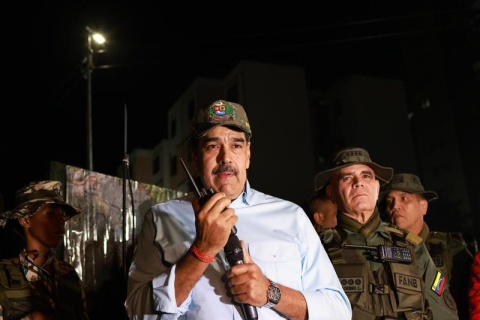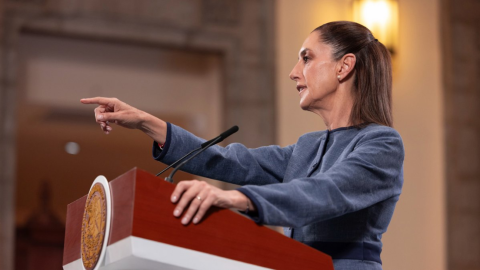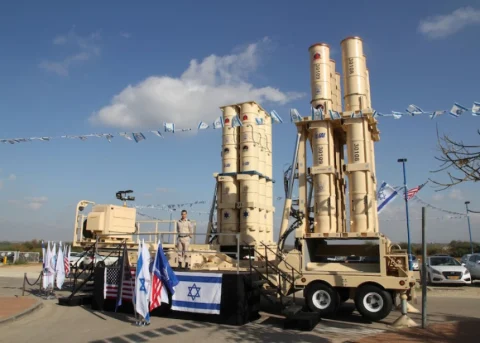The ongoing conflict in Gaza has once again escalated tensions in the region, particularly with the recent news concerning Edan Alexander, an Israeli American hostage captured by Hamas forces. As reported on April 15 by Xinhua, Hamas announced that it has lost communication with the group responsible for holding Alexander following an Israeli airstrike that targeted the location where he was believed to be detained.
In a press statement, Abu Obeida, the spokesperson for Hamas’s military wing, the Al-Qassam Brigades, expressed deep concern regarding the situation. He mentioned that efforts are currently underway to re-establish contact with the captors, highlighting the urgency and seriousness of their mission. The loss of communication raises fears about Alexander’s safety and well-being, particularly in the context of the ongoing military operations by Israeli forces.
Obeida’s statement included a grave accusation against the Israeli military, claiming that there is a deliberate attempt to ensure harm comes to the hostage. He articulated that the pressure exerted by the circumstances of prisoners with dual nationality appears to be being used strategically to facilitate what he described as «genocide» against the Palestinian people. This language reflects the heightened emotions and distrust present on both sides of this long-standing conflict, illustrating the complexities that overshadow efforts toward peace.
Further intensifying the situation, the Israeli military announced that it had successfully targeted and killed the commander of Hamas’s Shuja’iyya Battalion during an aerial attack this same morning. According to military officials, this operation was a collaboration between the Israeli Defense Forces and the domestic security agency, Shin Bet, executed late Sunday night.
The individual in question, Muhammad al-Ahalh, had been known to play a significant role within Hamas, previously fulfilling the responsibilities of leading logistical and support operations for his battalion. The Israeli military has described al-Ahalh as being instrumental in the organization and training of Hamas fighters, positioning him as a crucial figure within the group’s operational framework. The death of such a key leader could potentially create a power vacuum and further destabilize the situation.
As these events unfold, the international community watches closely, hoping for a de-escalation of violence and the safe return of hostages like Edan Alexander. The humanitarian implications of continued hostilities raise pressing concerns, as civilian casualties are tragically a common consequence in areas marked by intense conflict. The broader implications of these hostilities on regional stability cannot be ignored, compelling leaders and organizations to seek diplomatic avenues to address these enduring crises.







